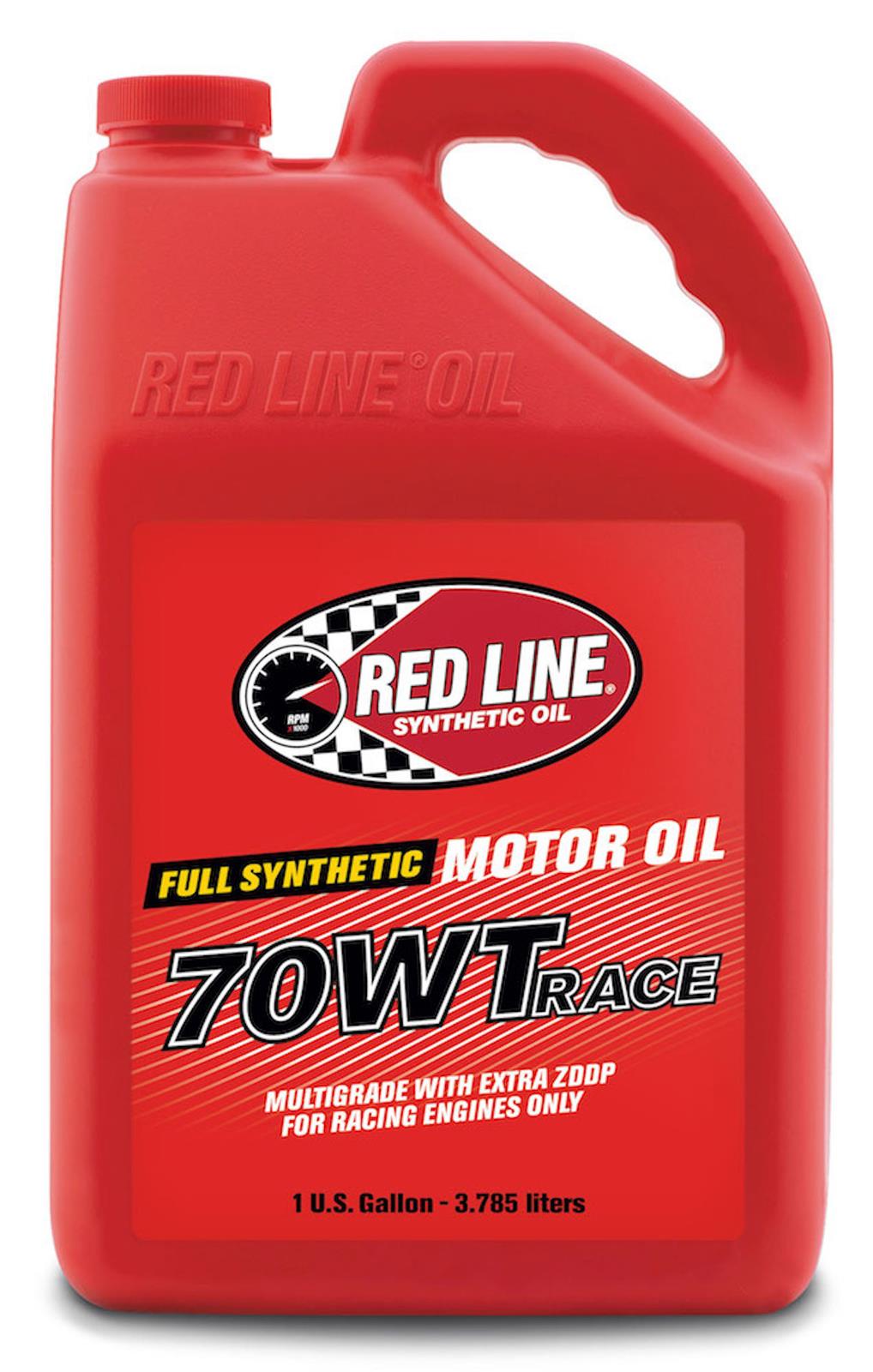oil is too thin and want to move up to a 30 or 40 weight oil for "better protection" might want to consider this:
"Contributing factors that can cause oil pressure and lubrication problems in an engine include:
5. Bearing clearances too tight for the oil viscosity being used. Late model engines such as a Chevy LS or Ford modular V8 with tighter main and rod bearing clearances of .0015˝ to .002˝ usually require a thin multi-viscosity motor oil such as 5W-20. Fill the crankcase with a relatively thick racing oil and you’ll have problems right from the start. Tighter bearing clearances require thinner oils..." https://www.enginebuildermag.com/2017/03/engine-bearing-technology-spin-spun-bearings/
That statement has a small amount of truth to it that's a bit exaggerated. You won't have issues from the start. Some VVT/VCT engines that use oil pressure for activation may be sensitive to it at operating temp, but not likely cause damage of any sorts.
The issue from this would be a very niche concern. Let's take NASCAR engines for example. They have extremely precise machining (Bryant crankshafts are marvels of precise engineering) with very tight clearances
Aside from the bearings, the hydrodynamic friction from higher viscosity can be a major power killer. It can have a huge effect, into double digit horsepower losses, with higher viscosity when the piston speeds are exceeding 75 fps.


